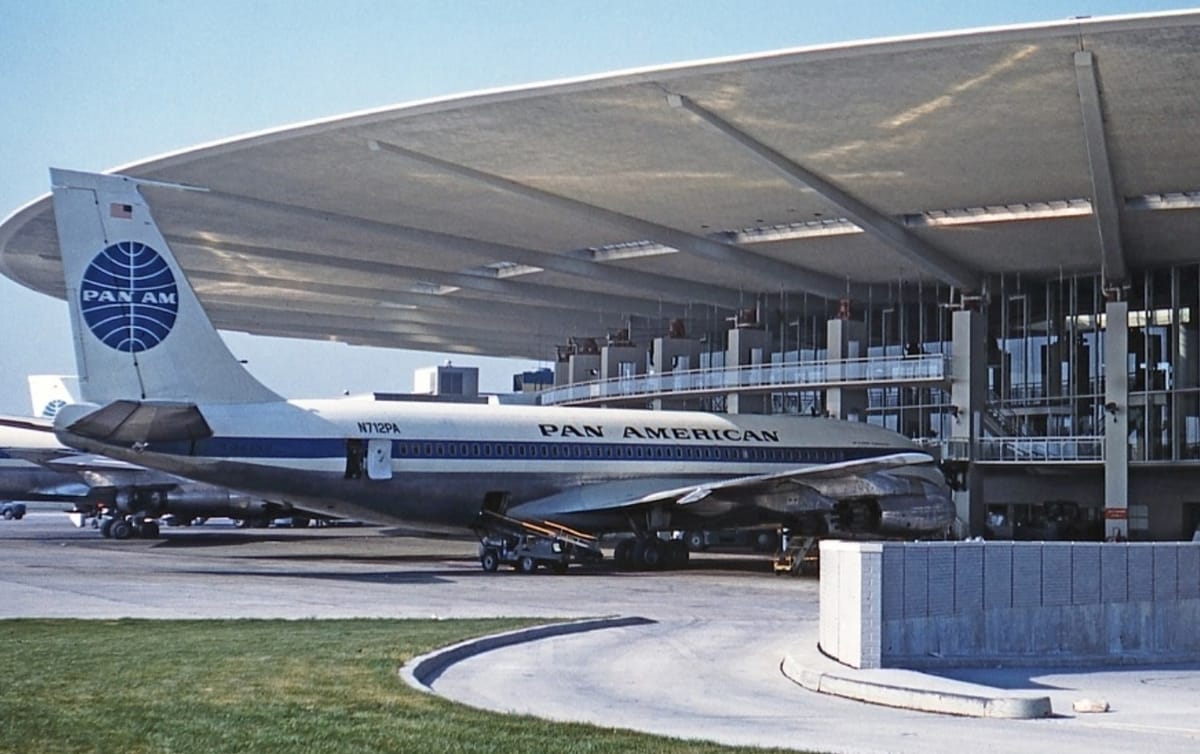PAS Says "No Thanks" to Unity Government: What's the Deal?
By remaining in opposition, PAS aims to position itself as the primary alternative to the current government, especially among conservative Malay-Muslim voters.

In recent developments, Parti Islam Se-Malaysia or PAS has firmly stated its position against joining the unity government led by Prime Minister Anwar Ibrahim. This decision, primarily driven by PAS's ideological differences with the Democratic Action Party - DAP - and reservations about Anwar Ibrahim's leadership, has significant implications for Malaysia's political landscape. This article aims to analyze PAS's stance, its potential impacts, and whether this move is strategically beneficial for the Islamist party.
PAS at odds with PH
PAS, founded in 1951, has long been a significant player in Malaysian politics, advocating for an Islamic state and the implementation of Sharia law. The party has historically been at odds with the more secular and multicultural vision promoted by parties like DAP and Anwar Ibrahim's Pakatan Harapan (PH) coalition.
The current unity government, formed after the 15th General Election in 2022, brought together diverse political entities to ensure stability in a hung parliament scenario. However, PAS, as part of the Perikatan Nasional (PN) coalition, chose to remain in opposition.
Read More WF News

Reasons for PAS's Stance:
Ideological Incompatibility with DAP:
PAS has consistently viewed DAP as incompatible with its Islamic agenda. DAP's secular, social democratic ideology and its strong support among non-Malay communities, particularly Chinese Malaysians, are seen as threats to PAS's vision of an Islamic state.
Distrust of Anwar Ibrahim: PAS leadership has expressed skepticism about Anwar Ibrahim's ability to lead a government that aligns with Islamic principles. Historical tensions and ideological differences between PAS and Anwar have contributed to this mistrust.
Electoral Strategy: By remaining in opposition, PAS aims to position itself as the primary alternative to the current government, especially among conservative Malay-Muslim voters.
To understand the potential impact of PAS's decision, let's look at some relevant data:
Electoral Performance: In the 2022 General Election, PAS won 49 seats in the Dewan Rakyat, making it the single largest party in parliament. This represents a significant increase from the 18 seats it won in 2018.
Voter Base: PAS's support is concentrated in the predominantly Malay-Muslim states of Kelantan, Terengganu, Perlis and parts of Kedah.
Malay-Muslim Demographic: As of 2022, Malay-Muslims constitute approximately 69% of Malaysia's population. This demographic is crucial for any party aspiring to form a government.
Coalition Dynamics: PAS is currently part of the Perikatan Nasional coalition, which holds 74 seats in total (including PAS's 49). This makes PN the largest opposition bloc in parliament.
The gamble
For PAS itself, this move is a bit of a gamble. They're betting on the long game, hoping to strengthen their position as the main opposition voice. It's like they're saying, "We're sticking to our guns and our principles."
This might win them some brownie points with their core supporters who appreciate their consistency. But here's the thing – by not joining the government, they're missing out on some sweet ministerial positions and the chance to directly influence policy. It's a trade-off between staying true to their ideals and potentially gaining more power.
Anwar Ibrahim and his crew might be breathing a sigh of relief. Without PAS in the mix, they don't have to worry about accommodating a party with some pretty different views on how the country should be run. It's like trying to plan a party and not having to worry about that one guest with dietary restrictions. The government can focus on their agenda without constantly negotiating with PAS. But there's a flip side – they're missing out on the chance to create a truly inclusive government that represents a wider range of Malaysian voices.
As for Bersatu, PAS's decision puts them in an interesting spot. They're now the biggest party in the opposition bloc, which sounds great on paper. But here's the kicker – they're also more isolated. Without PAS in the government, Bersatu can't play the role of middleman or bridge between PAS and the Unity Government. It's like being the only kid left out of a group project – you might have more freedom, but you're also on your own.
Lastly, let's consider Perikatan Nasional as a whole. PAS's move keeps the coalition intact, which is good for unity within the opposition. They can present themselves as a solid alternative to the government. But there's a catch – by not having a foot in the government door, they might struggle to influence policy decisions or block moves they don't agree with. It's a bit like choosing to watch the game from the sidelines instead of playing on the field.
Strategic move
PAS's decision not to join the unity government is a strategic move that aligns with its long-term political and ideological goals. While it offers the party certain advantages in terms of maintaining its core support and positioning itself as the main opposition force, it also comes with risks, particularly in terms of broader national appeal and ability to influence policy.
The success of this strategy will largely depend on the performance of the unity government and PAS's ability to effectively critique and present viable alternatives. It will also hinge on the party's capacity to balance its conservative Islamic agenda with the diverse needs and aspirations of Malaysia's multiethnic society.
As Malaysia continues to navigate its complex political landscape, the role of PAS as a significant opposition force will undoubtedly shape the country's political discourse and electoral dynamics in the years to come. Whether this decision proves to be a masterstroke or a missed opportunity for PAS remains to be seen as Malaysia's political story unfolds.

